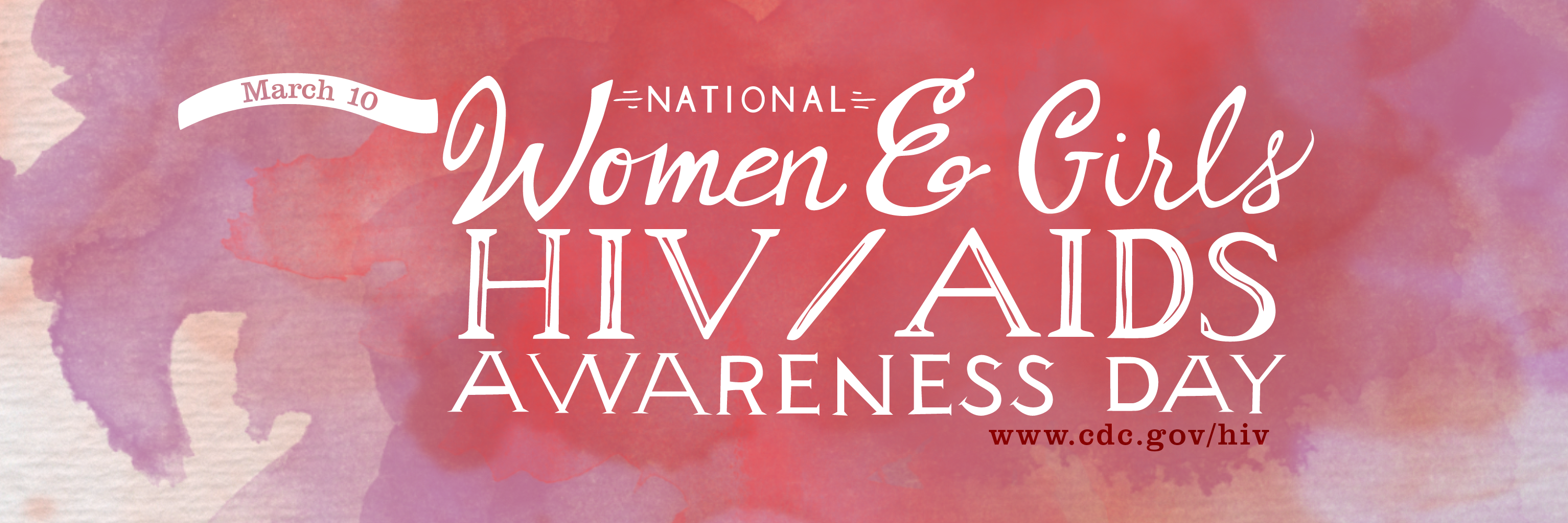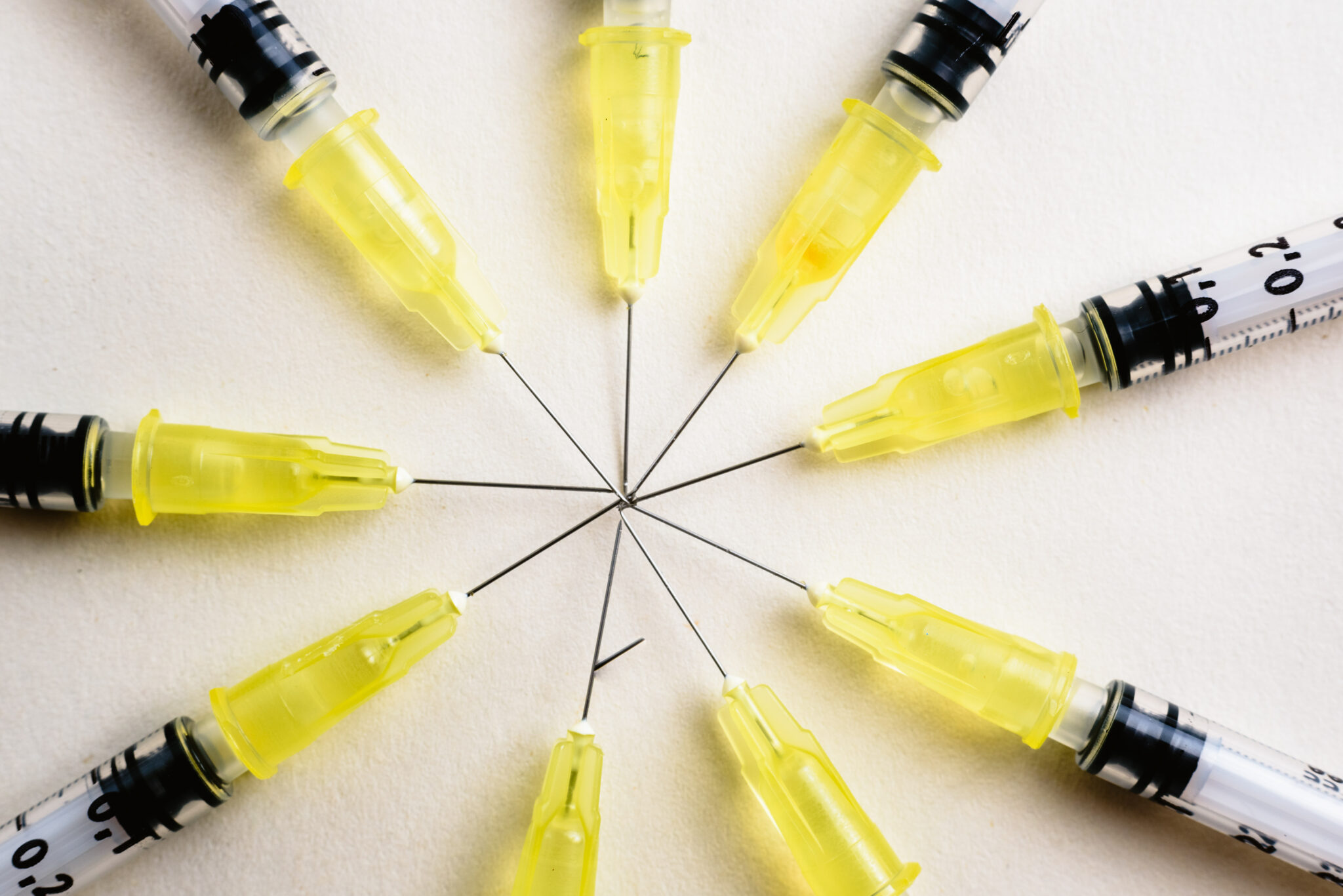March 10th is National Women and Girls HIV/AIDS Awareness Day. The goal of this event is to raise awareness about the need for all women, especially pregnant women, to be tested and treated for HIV.

According to the Centers for Disease Control and Prevention, in 2015 there were nearly 40,000 people in the United States diagnosed with HIV. Of those people, just over 7,000 were women. In the same year there were a total of 280,000 women living with HIV in America. While case rates of been decreasing over the past five years, there is still a vital need to inform women about their sexual health and have HIV testing performed.
There are several different tests available that can detect HIV. HIV antibody tests are the most common type of HIV testing. These test for the antibodies that your body produces in order to combat HIV. It is most often performed by collecting a blood sample since the level of antibody is higher in blood than it is in other types of bodily fluid..
Additionally, there is an HIV RNA test available. HIV RNA tests can detect the virus directly instead of looking for the antibodies to HIV. These tests can detect HIV as soon as it appears in the bloodstream, which is before antibodies develop. HIV RNA is the first marker of an HIV infection. Since these tests are capable of recognizing the virus itself, they are are very effective in determining infection at a very early stage.
The CDC recommends that all sexually active people between the ages of 13 and 64 be tested at least once in their lifetime for HIV. They further recommend that all women who may be pregnant test immediately for HIV in order to prevent spreading the virus to the unborn child. If you have potentially been exposed to HIV, you should be tested right away as well.
Our doctors recommend waiting at least two weeks after a potential exposure to test. They further recommended follow-up testing six weeks after that. If you are concerned that you may have been exposed to HIV, or you are simply looking for a regular screening, you should have HIV testing performed. This is the best way to know the current status of your sexual health.






